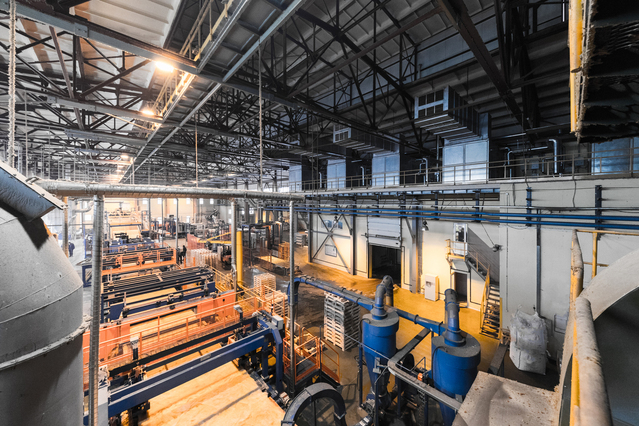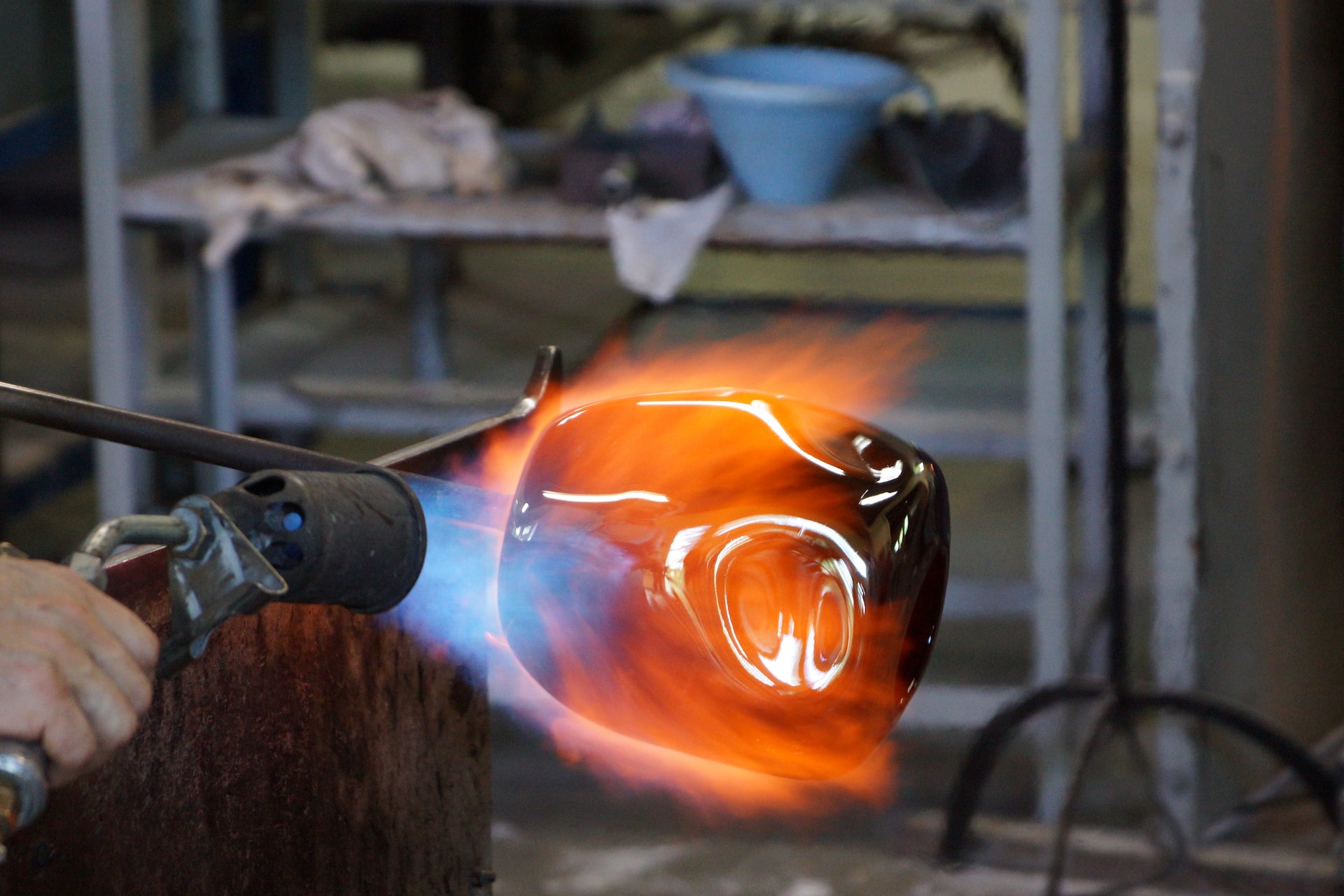It is believed that Malta’s tradition in glassware has its roots in the age of antiquity, brought in by settlers from Phoenicia who integrated the archipelago into its trade route network. Phoenicians were pioneers in the craft of glassblowing more than 2,000 years ago and to this day, a number of national household brands which are the country’s pride and joy, have carried the craft forward to the modern age.
The national glass industry is a relatively small part of the economy, with a scarcity of data to show how many people work in the industry. Nevertheless, national glassware producers have a reputation for creating highly valued, sought-after products.
What the industry lacks in size, it achieves in notability.
In addition to what most people think of when discussing the glass industry in Malta, the country also has a thriving manufacturing sector featuring a number of glass manufacturers.
These manufacturers are involved in creating fibreglass, float glass, and quartz glass among other types, with firms such as Silvercraft Products, Float Glass Malta and Raesch Quarz (Malta) Ltd.
Fibreglass is a type of fibre-reinforced plastic made from glass fibres, and it commonly used in manufacturing components for automobiles, boats and aircraft due to its durability.
Float glass on the other hand, is made by floating molten glass on a bed of molten metal to create a flat, uniform surface. This process enables the production of large sheets of glass with consistent thickness and high optical clarity. It’s regularly used for windows, doors, mirrors and glass walls.
Lastly, quartz glass is a highly pure glass made from silica created through a specialised manufacturing process. The result is a unique type of glass which has a high resistance to chemical and thermal shock and has high optical transmission. These qualities make them ideal for use in extreme environments and are also vital to the production of semiconductors in the electronics industry.
This shows that the glass industry is not only prominent in isolation, but is also intertwined with the field of advanced manufacturing.

The big three glassware producers
During the 20th century, three major glassware producers were founded.
Mdina Glass, which was established in 1968, was the first handmade glass workshop in Malta. It was founded by two British men in a converted former Royal Air Force hanger. Over the years the company expanded and stayed at the helm of the industry.
To date it is the most known brand in the local glassware industry, and it even operates workshop tours at one of their locations in Ta Qali, where visitors can observe workers crafting and modelling various glassware products.
Next, Valletta Glass (previously known as Mtarfa Glass) was founded just over a decade later in 1979, and was closely followed by the establishment of another glassware factory on Malta’s sister island, known as Gozo Glass.
These three producers have developed a reputation which transcends the country’s borders, commonly sought after by tourists looking to take a slice of the country’s craft home with them.
Training in the industry
Anyone looking to get involved in the industry would be hard-pressed to find a training programme in Malta which can teach someone how to become a glassblower. An academic experience would most likely have to be sought out overseas.
However, those who want to jump right into the industry and develop their skills in the craft can apply for a traineeship at one of the country’s major glassware producers. These provide direct, hands-on experience in the thriving industry, opening the door to a life-long career.
Otherwise, those looking to get involved in the manufacturing aspect of glass, would likely have to seek out engineering-related training, which would be beneficial in a factory setting.

Future of the industry
Malta’s glassware producers and glass-related manufacturers are small players in the economy, but it is crystal clear that they are thriving. They’ve carved a strong niche for themselves and will likely continue growing for years to come.
The main challenges the industry may face are rooted in the persistent labour shortage, which leads to a short supply of potential trainees and engineers to get involved in the respective glass sectors.
Furthermore, the country’s dependence on importing raw material for its glass industry puts it at risk to geopolitical dynamics. While the country has the raw materials needed for the glass industry, the domestic supply is nowhere near enough to meet demand.
Government introduces mandatory physical inspection for vintage vehicle classification
From 1st September 2025, vehicles seeking vintage status must undergo a physical inspection by the official classification committee
Local filmmakers paid just €250 to screen at Mediterrane Film
The figure stands in stark contrast to the estimated €5 million total spend
Malta International Airport closes in on one million passengers in June
Meanwhile, aircraft traffic movement rose by 4.5 per cent year on year






